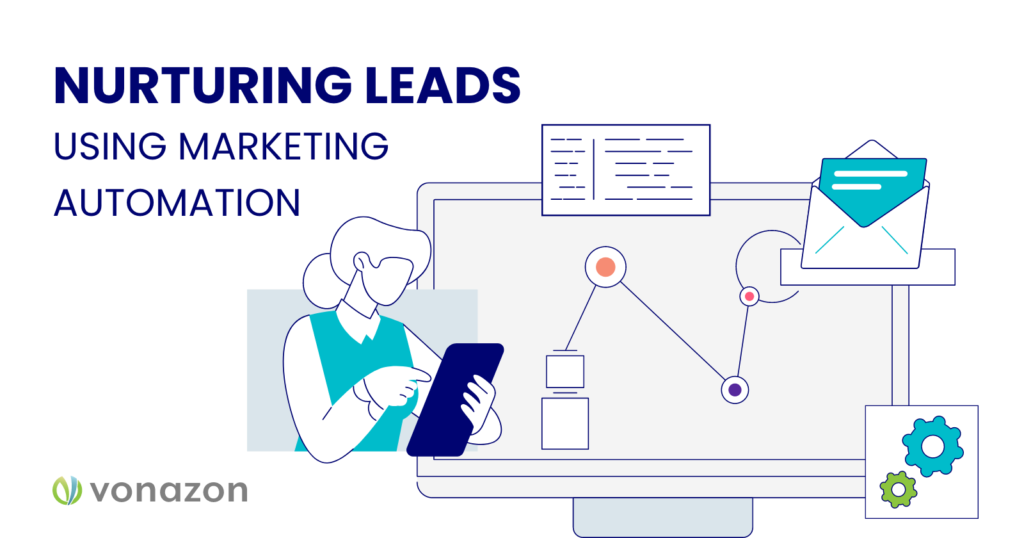
Nurturing Leads Using Marketing Automation
Tired of losing potential customers because you don’t have time to nurture all of your leads? Consider marketing automation. If you’ve ever wondered about how massive corporations like Amazon.com deliver targeted recommendations and advertisements to customers, encouraging new sales along the way, marketing automation is the answer.
These companies understand that not all of their leads are going to make a purchase every single day. However, they also understand that nurturing those leads and consistently updating them with new product offerings and deals will eventually pay off with higher levels of lead conversion. They have come to the realization that every single lead is vital. A similar realization could be crucial, even for smaller businesses.
Companies like Amazon use email automation software and other techniques to essentially “keep in touch” with leads and to try to passively sell those customers items that their browsing histories show that they might be interested in. In essence, these companies use marketing automation to serve as a “digital salesman” of sorts, managing a massive catalog of leads without falling prey to the stress of having to contact and follow-up with a veritable army of potential customers.
And that is precisely why marketing automation and email automation should be on the radar for every single company out there. These techniques aren’t exclusively useful to major, iconic corporate entities. On the contrary, more and more small to mid-sized businesses are adding automation to their marketing platforms. They might be doing this because sales representatives are tired of overworking themselves trying to contact every single individual lead after a tradeshow, or just because nurturing leads over time is proven to be an effective selling strategy. Either way, countless businesses have discovered the immense usefulness of marketing automation, and you should too.
Think about it this way. You go to a trade show and give your businesses contact information to two technology companies who want to provide the computer systems for your office. One of them contacts you the Monday after the tradeshow, pushing you to make a purchasing decision, but you’re not ready yet. The other nurtures you with consistent email newsletters and targeted advertisements, softly encouraging you to make a purchase, but on your own terms.
Which company are you going to want to do business with? If your answer was the latter business, then you know precisely why marketing automation needs to be a part of your company marketing plan.
Account Executive
Vonazon Inc.

Vonazon can guide you through the process of creating fun and effective short form videos that are unique to your brand. We can also help you create campaigns around your videos that deliver results, grow your brand’s social media presence, and produce more leads.
Contact us today to begin your short form video journey.
Recent Posts
Categories
Categories
- ABM
- Account Management
- Analytics
- Artificial Intelligence
- Content Marketing
- Creative
- CRM
- Design
- eCommerce
- Email Marketing
- HubSpot
- HubSpot CRM
- HubSpot Marketing Hub
- HubSpot Partner
- Inbound Marketing
- Integrations and Migrations
- Lead Generation
- Lead Scoring
- Marketing
- Marketing Automation
- Marketing Strategy
- Native Advertising
- Omnichannel Marketing
- Organization
- PPC
- Programmatic Advertising
- Sales and Marketing Alignment
- SEO
- Social Media
- Staffing
- Trade Shows
- Videos
- Web Development
- Webinars
HOW CAN We
HELP YOU?
Lorem ipsum dolor sit amet, consectetur adipiscing elit.




